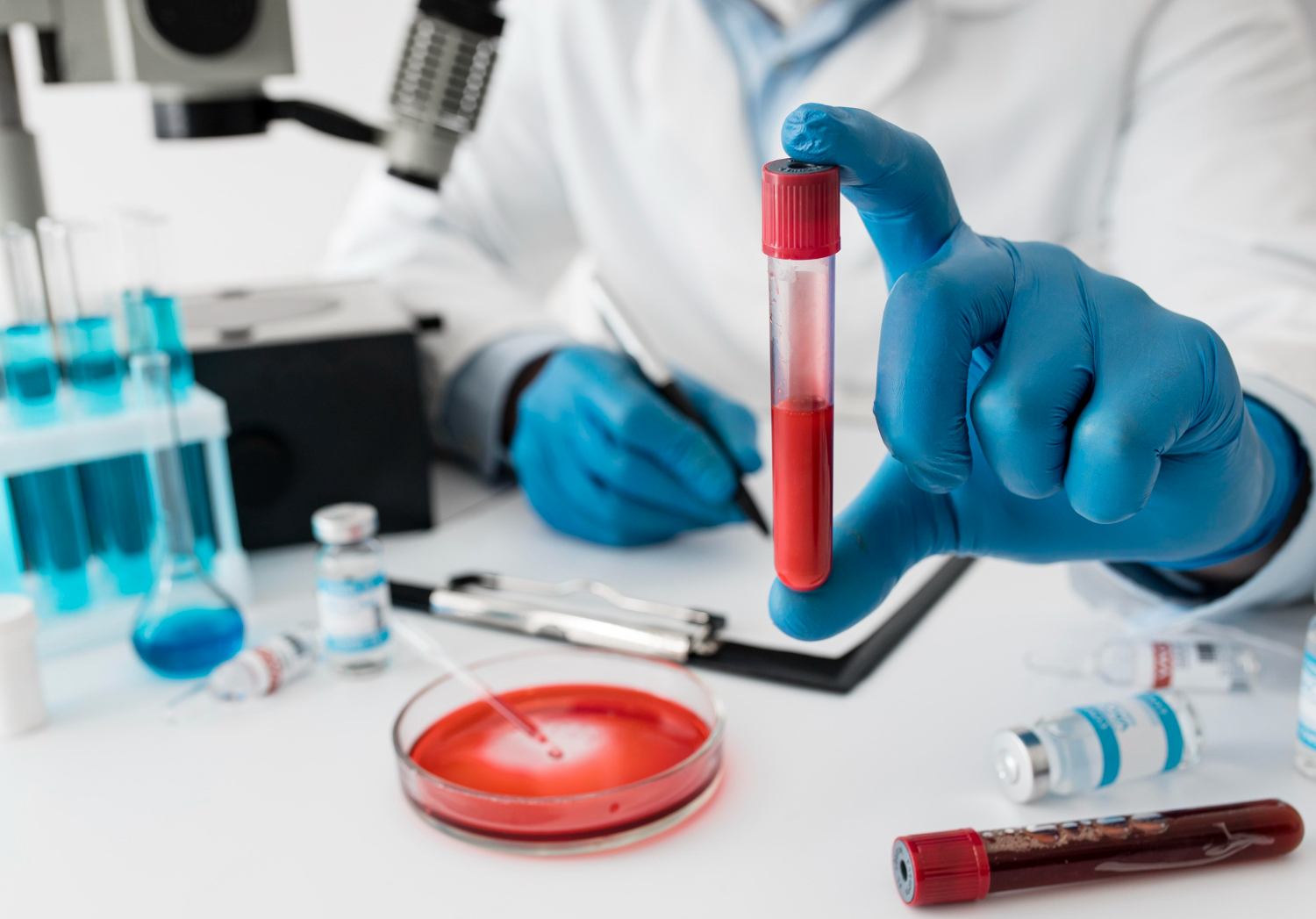Pathology
Pathology is the branch of medical science that involves the study and diagnosis of disease. It encompasses a wide range of disciplines, including anatomical pathology, clinical pathology, and molecular pathology.
- Anatomical Pathology: This involves the examination of tissues and organs removed during surgery or autopsy to diagnose disease. Anatomical pathologists analyze tissue samples under a microscope to identify abnormalities such as cancer, infections, or inflammatory conditions.
- Clinical Pathology: Also known as laboratory medicine, clinical pathology involves the analysis of bodily fluids such as blood, urine, and cerebrospinal fluid to diagnose and monitor disease. Clinical pathologists perform tests to assess organ function, detect infections, monitor drug therapy, and screen for diseases such as diabetes and cancer.
- Molecular Pathology: This field focuses on the study of disease at the molecular level, including genetic and biochemical changes that underlie disease processes. Molecular pathologists use techniques such as PCR (polymerase chain reaction) and DNA sequencing to analyze genetic mutations, gene expression patterns, and protein abnormalities associated with diseases like cancer, genetic disorders, and infectious diseases.
Pathologists play a crucial role in patient care by providing accurate diagnoses that guide treatment decisions and by conducting research to better understand the mechanisms of disease. They often work closely with other healthcare professionals, including clinicians, surgeons, and radiologists, to coordinate patient care and treatment strategies.

